142 results in Writers and their Work

Pre-Raphaelitism: Poetry and Painting
-
- Published by:
- Liverpool University Press
- Published online:
- 04 January 2020
- Print publication:
- 01 August 2013
-
- Book
- Export citation

George Eliot
-
- Published by:
- Liverpool University Press
- Published online:
- 04 January 2020
- Print publication:
- 08 January 1997
-
- Book
- Export citation
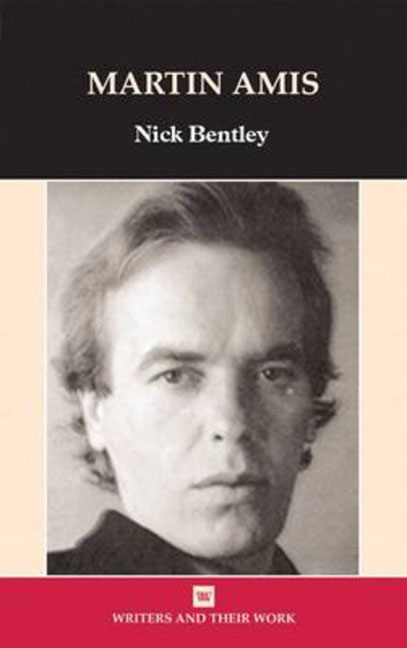
Martin Amis
-
- Published by:
- Liverpool University Press
- Published online:
- 04 January 2020
- Print publication:
- 01 December 2010
-
- Book
- Export citation

The Georgian Poets
- Abercrombie, Brooke, Drinkwater, Lascelles, Thomas
-
- Published by:
- Liverpool University Press
- Published online:
- 04 January 2020
- Print publication:
- 02 January 1999
-
- Book
- Export citation

Louis MacNeice and the Poetry of the 1930s
-
- Published by:
- Liverpool University Press
- Published online:
- 04 January 2020
- Print publication:
- 01 February 2009
-
- Book
- Export citation
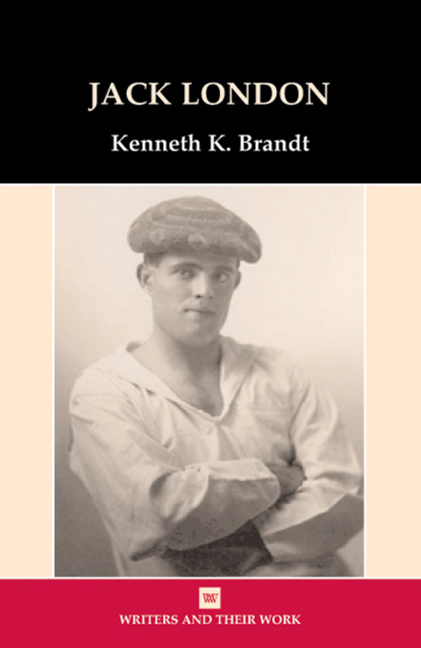
Jack London
-
- Published by:
- Liverpool University Press
- Published online:
- 04 January 2020
- Print publication:
- 31 May 2018
-
- Book
- Export citation

George Herbert
-
- Published by:
- Liverpool University Press
- Published online:
- 04 January 2020
- Print publication:
- 01 June 1994
-
- Book
- Export citation

The Gawain Poet
-
- Published by:
- Liverpool University Press
- Published online:
- 04 January 2020
- Print publication:
- 11 January 2000
-
- Book
- Export citation

The Nineteenth Century Sensation Novel
-
- Published by:
- Liverpool University Press
- Published online:
- 04 January 2020
- Print publication:
- 01 November 2011
-
- Book
- Export citation

Caroline Drama
- The Plays of Massinger, Ford, Shirley, Brome
-
- Published by:
- Liverpool University Press
- Published online:
- 03 January 2020
- Print publication:
- 01 June 1999
-
- Book
- Export citation

Harold Pinter
-
- Published by:
- Liverpool University Press
- Published online:
- 03 January 2020
- Print publication:
- 01 August 2001
-
- Book
- Export citation

Graham Swift
-
- Published by:
- Liverpool University Press
- Published online:
- 03 January 2020
- Print publication:
- 30 June 2010
-
- Book
- Export citation

Caryl Phillips
-
- Published by:
- Liverpool University Press
- Published online:
- 03 January 2020
- Print publication:
- 01 January 2004
-
- Book
- Export citation

Graham Greene
-
- Published by:
- Liverpool University Press
- Published online:
- 03 January 2020
- Print publication:
- 01 March 1996
-
- Book
- Export citation

C.S. Lewis
-
- Published by:
- Liverpool University Press
- Published online:
- 03 January 2020
- Print publication:
- 01 June 1998
-
- Book
- Export citation

Byron
-
- Published by:
- Liverpool University Press
- Published online:
- 03 January 2020
- Print publication:
- 01 December 2000
-
- Book
- Export citation
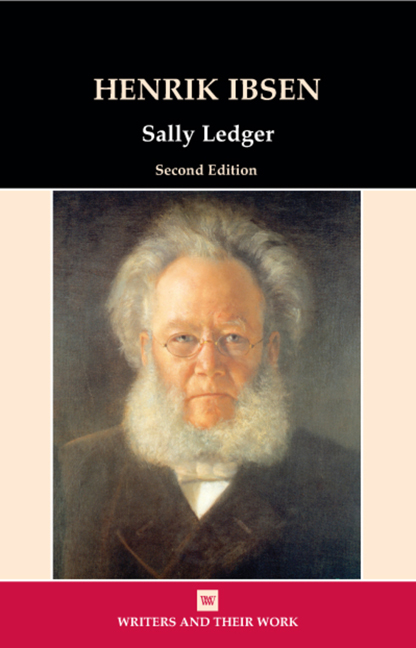
Henrik Ibsen
-
- Published by:
- Liverpool University Press
- Published online:
- 03 January 2020
- Print publication:
- 01 September 2008
-
- Book
- Export citation
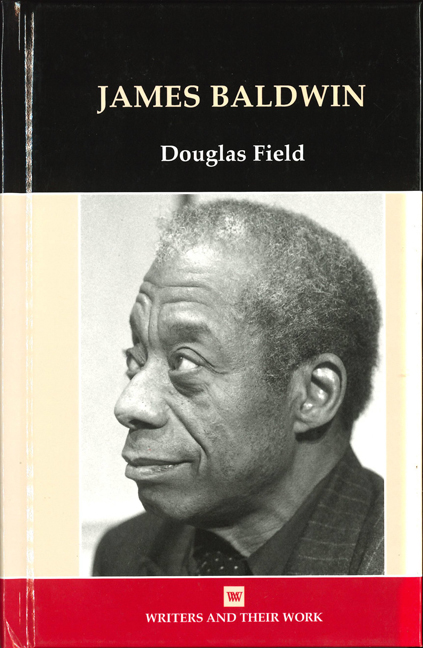
James Baldwin
-
- Published by:
- Liverpool University Press
- Published online:
- 03 January 2020
- Print publication:
- 01 July 2011
-
- Book
- Export citation
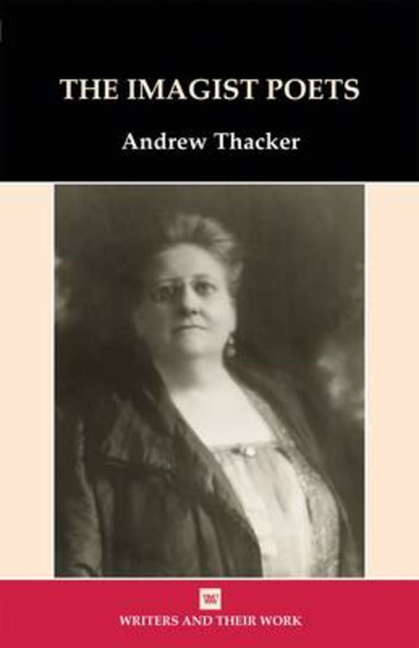
The Imagist Poets
-
- Published by:
- Liverpool University Press
- Published online:
- 03 January 2020
- Print publication:
- 01 February 2011
-
- Book
- Export citation

Ivor Gurney
-
- Published by:
- Liverpool University Press
- Published online:
- 03 January 2020
- Print publication:
- 08 January 2001
-
- Book
- Export citation

